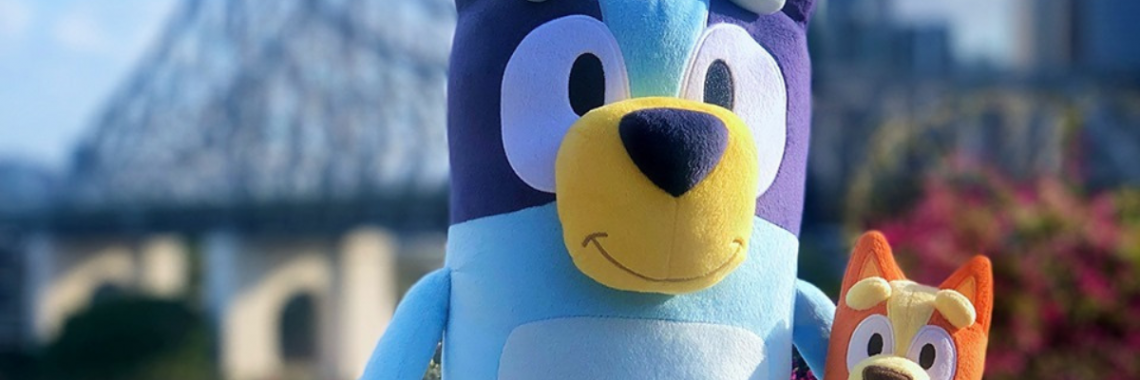Why the HENRYs Aren’t Happy: Guest Column

A recent Wall Street Journal article highlighted a group of people called “The HENRYs,” an acronym for “high earner, not rich yet.” The piece showcased earners with incomes well into the hundreds of thousands who still feel they are living paycheck to paycheck. According to author Callum Borchers, “The essence of being a HENRY is feeling a gap between what you have and what you think you need to be comfortable.”
Of course, it’s true that prices on many things, from housing to eggs to childcare, have never been higher. But some of the HENRY’s featured in the article have more than the economy to blame. For example, one mentioned her hefty student loan debt and Audi car payments as weighing down her list of expenses. Others seemed to find social status in living in very expensive cities while still trying to keep up with the Joneses. As Borchers noted, “What these high earners consider essentials might be termed luxuries (or nonsense) by the rest of us.”
What people believe to be truly essential perhaps, more than anything else, reflects their deepest loves and allegiances. “Where your treasure is,” Jesus said, “there your heart will be.” Today, with food supply relatively secure and basic necessities widely accessible, we are told to pursue happiness, which will come in the accumulation of things. But that is not the way happiness works. Studies show that once our most basic needs are met, there is no significant difference in levels of reported happiness in correlation with level of income. In other words, money can buy security, but it cannot buy happiness.
When Jesus told how difficult it is for the wealthy to come to Christ, He was probably referencing a level of security most of us have achieved. It’s less about the amount earned, and more about what we look to in order to secure our worship and devotion, and to fill the “God-shaped hole” each of us has. One must choose to serve either God or mammon, a term that refers to more than just money. But those who tie their contentment to the number of commas in their bank account will never truly find it.
The discontentment of the HENRYs is deeply connected to the larger, culture-wide crisis of what life is about and who we are. Simply put, we look for meaning and identity in all the wrong places. Comfort is not a big enough cause for which to live. Neither is luxury, especially the kind achieved through debt. (U.S. household debt is now over $18 trillion.)
In Romans, Paul lists generosity as a gift of grace, alongside service, teaching, acts of mercy, and other ways of living for others. As David Bahnsen described in his book Full-Time, a Christian vision understands our work as a calling, the way we steward what belongs to God and fulfills our creational calling. It is not merely a means to store up what is, in the end, perishable. Bahnsen’s book summarizes the inherent connection between work and the meaning of life, and what that means for how we should think about wealth.
This is why Christians have hope in all economic times. This hope is an incredible witness to the One who made us, but especially in times when we just lose sight of what life is about. We’ve been bought with a price, even greater than what eggs cost these days.
Request a copy of Full-Time: Work and the Meaning of Life with a gift of any amount to the Colson Center this month at colsoncenter.org/February.
Copyright 2025 by the Colson Center for Christian Worldview. Reprinted from BreakPoint.org with permission.





